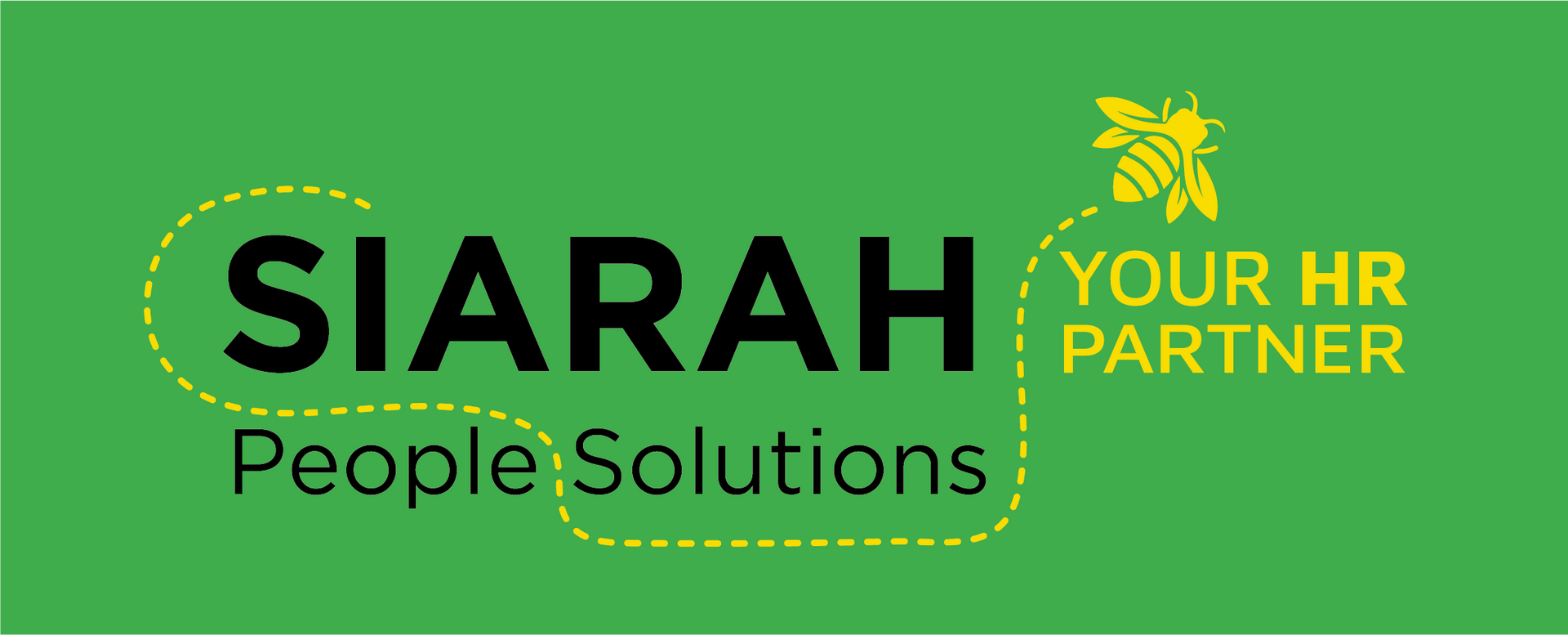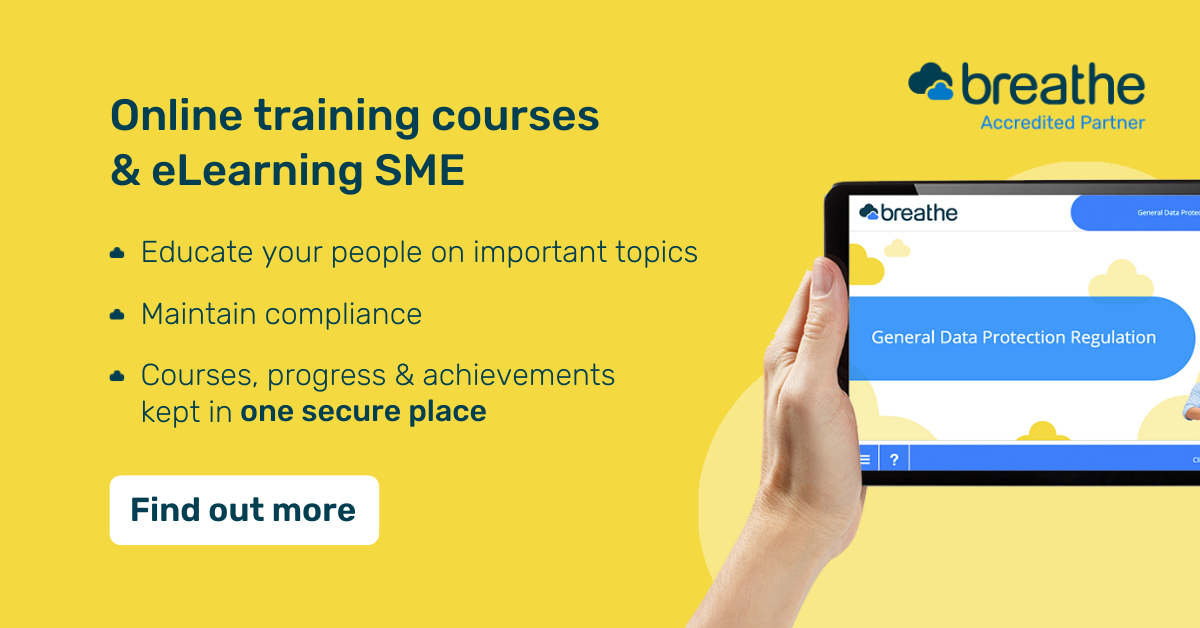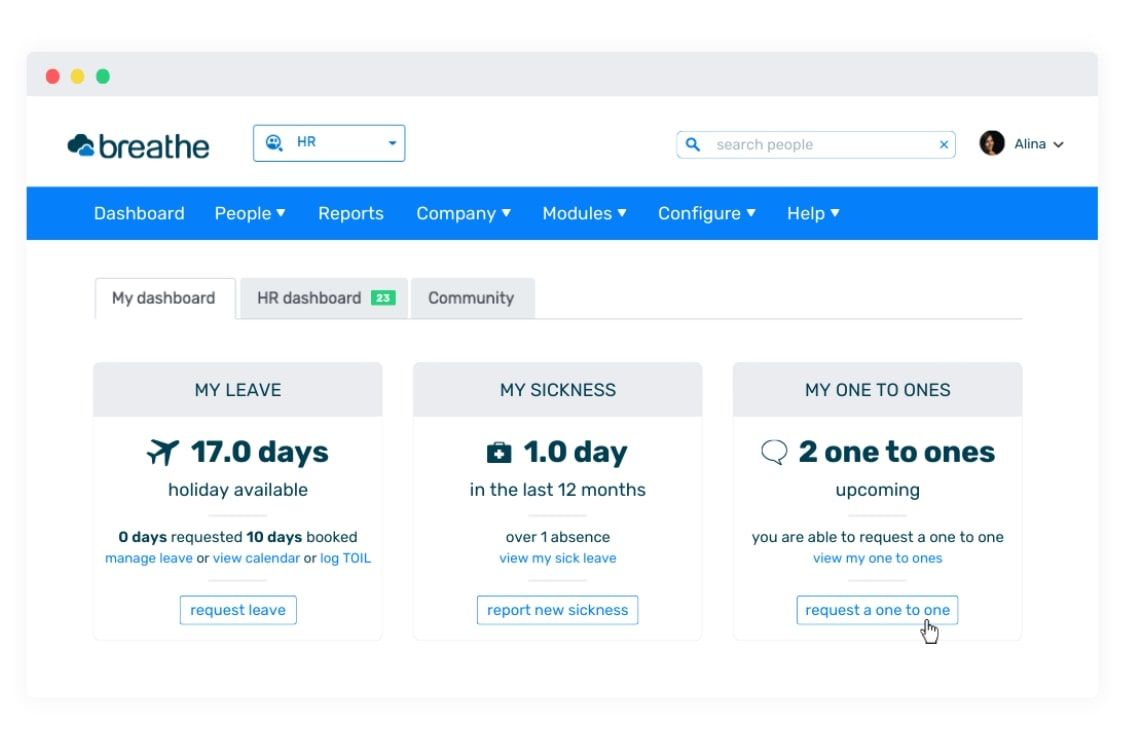
March is here… and so is our latest HR newsletter.
As usual, this month we bring you all the latest HR news you need to know and we look at some of the big topics. This month that includes…
📈 How employee surveys can improve your business
🙅♀️ Why women are still being excluded in the workplace
🔎 How many employees are looking for new jobs
❓And we answer your important HR questions
This is one of the most powerful tools you can use as a business leader
As a business leader, one of your jobs is to make big difficult decisions.
When making a decision, you take care to look at all of the information you have available to you so that you can make the best, most informed, decisions.
And when it comes to making decisions about your people, it’s important to use the same care and due diligence, because they’re your greatest asset.
What can help you make the best decisions regarding your team?
Employee surveys are the answer. They’re one of the most powerful tools you can use as a business leader.
They help you bridge the gap between what you think is going on vs what is actually going on – because the two can often mean very different things.
Here’s 10 steps you need to follow to conduct the perfect survey:
- Step 1: Decide on a specific focus for your survey based on business outcomes.
- Step 2: Decide how you’re going to conduct the survey, whether that’s via an online form or in-person interview for instance.
- Step 3: Create questions that will give you the insights you need, in a way that you can measure, benchmark and compare in the future.
- Step 4: Pre-frame the survey to your employees and encourage them to take part.
- Step 5: Decide how you want your employees to complete the survey.
- Step 6: Review results and create findings.
- Step 7: Create your action plan.
- Step 8: Communicate findings and actions to your team.
- Step 9: Act on the results.
- Step 10: Check in 6 months later to see if you’ve made improvements.
For more details about these steps, please contact us for a copy of our latest FREE guide.
And if you’d like to start surveying your employees, we’re here to help.
35% of employees are looking to change jobs
Yep, more than a third of UK employees are actively looking for new jobs with better pay, according to new research. And if your business employs people in creative arts and design roles, that figure stands at over half (52%). Yikes!
Why? It seems to all centre around pay. One of the most common reasons given was to boost earning potential, but poor pay and the cost-of-living-crisis were also cited.
If you think your employees may be feeling this way, is it time to look at potential pay rises, or other benefits you can offer to help retain your best people? Remember, it’s not always just about the money. If people can see career progression in their future, or enjoy other benefits like flexible working, it can also encourage them to stick around.
Is time off really time off?
Two thirds of employees have admitted to working during their time off, according to a recent poll. On average, these people are spending two and a half hours per day working, when they should be enjoying a break.
A separate study found that 23% of employees take a work device, like a phone or laptop, away on holiday with them. A further 1 in 5 continue to work as normal while they’re away.
Proper breaks are not only crucial for a good company culture, but they encourage much better mental health and wellbeing in employees, as well as reducing stress and avoiding the dreaded burnout. If your employees are working during time off, make sure you put a stop to it!
Workers with depression or anxiety lose a quarter of the year in productivity, says a new report. Are you taking the right steps to help employees manage their mental health?
3 actions you should take to create a more inclusive workplace for women
It’s 2024 and women are still facing inequality in the workplace due to their gender.
This month we celebrate International Women’s Day and we want to use this occasion to give you three positive ways to take action to create a fairer, more inclusive workplace for women.
Gender bias in hiring and promotion
Women can encounter bias during the hiring and promotion processes, which results in fewer opportunities for career progression.
Your action: Implement blind recruitment practices, where identifying details such as names and gender are removed from CVs during the initial stages of hiring.
Additionally, ensure that your company promotion criteria are clear and based on merit. Make sure you and your managers hold regular reviews to identify and address any difference in the treatment of genders.
Exclusionary workplace culture
If your workplace culture needs work, it may not be as inclusive as you’d like it to be. This can lead to women feeling unwelcome, which equals reduced job satisfaction and higher employee turnover.
Your action: Promote diversity and inclusion training for all employees. Encourage open communication and welcome feedback to address any concerns related to inclusivity.
Flexible working
Women often face challenges in balancing work and family responsibilities. Inflexible work schedules can turn this balance into a juggle.
Your action: Offer flexible work arrangements, such as remote work options, flexible hours, or compressed work weeks where possible. Implement family-friendly policies, such as parental leave and on-site childcare facilities, to support employees.
You should regularly assess your policies and adapt them where necessary, to promote a fully inclusive workplace. If you’d like any help with this, get in touch.
Q&A
Who has to be informed and consulted on a TUPE transfer?
You must inform and consult with the trade union or another employee representative. However, employers with less than 10 employees can inform and consult directly with employees.
Can we revoke an employment offer on the basis of a spent conviction?
This depends on company policy, the type of conviction and the role that is to be undertaken. It’s a good idea to take advice before acting.
Who owns inventions created by employees?
An invention made by an employee belongs to the employee, unless it’s made in the normal course of their duties (for example, if they’re employed to invent).
Finally, here are three questions for you:
- Do you currently have an HR consultant?
- On a scale of 1 to 10, how happy are you with them?
- If the answer isn’t “I’m so delighted I could print 1,000 flyers to spread the word about them”, let’s jump on a video call
You know just how important it is to get proactive, responsive HR support. That’s what we do. And we’re taking on new clients.
















